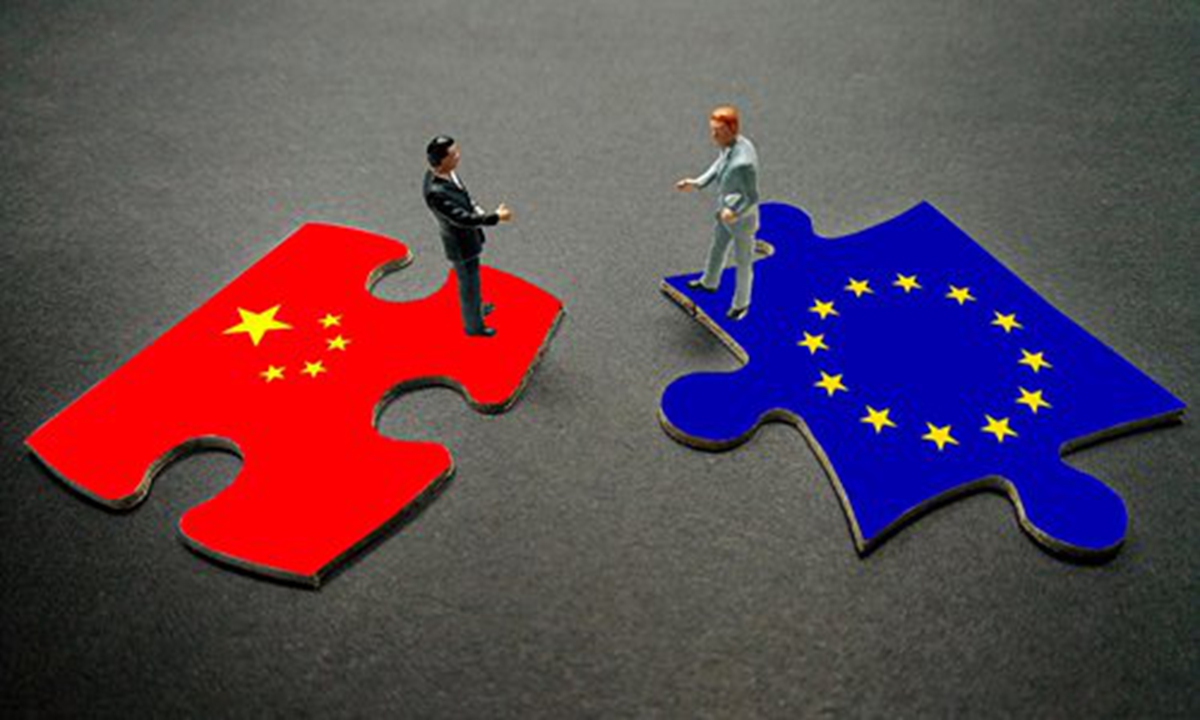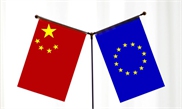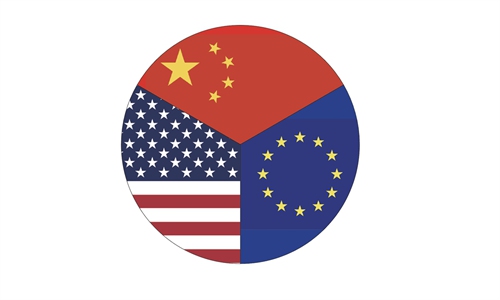
Photo: IC
The milestone signing of the Regional Comprehensive Economic Partnership (RCEP), the formation of the world's largest free trade zone that excludes the US and the EU, appears to have stoked a sense of urgency for Europe. Some European media outlets expressed concern over the possibility that the EU as an economic community could be marginalized by the RCEP, while some more provocative views called for the EU to concentrate on cooperation with India to avoid being an outsider in the Pan-Asian industrial chain.While Europe's anxiety in the face of the rise of a competitive free trade bloc is understandable, placing its hopes for pursuing closer economic ties with Asian economies on India still seems misguided. India indeed is a big market, but it can by no means replace the free trade bloc of 15 Asia-Pacific countries in terms of consumption power or industry chains.
Moreover, India's protectionist approach toward trade makes it hard for the South Asian nation to be a part of the regional economic integration of Asia.
The sense of urgency may better serve as a driving force for Europe to strengthen its cooperation with China and the entire Asian industry chain, and the China-EU Bilateral Investment Treaty could be the best way to achieve its vision.
The China-EU investment treaty negotiations have been through 33 rounds of talks, and both sides are trying to complete the negotiations by the end of this year, according to media reports. If the bilateral investment treaty could be reached, cooperation between the EU and the entire Asian industry chain will be further upgraded, and investment facilitation and free trade between the economies of the EU and China will bring reciprocal benefits for both sides. Specifically, the China-EU investment treaty could offer European investors and companies greater access to the Chinese market, while China needs frameworks such as the China-EU investment treaty to stabilize its trade and investment networks amid the turbulent world economy. China, with its determination to open up, has made continuous efforts to push forward the negotiations.
If the EU is really serious about its pursuit of closer bonds with Asian economies, it needs to show reciprocal sincerity, not just anxiety. In the potential investment treaty, the EU needs to grant Chinese companies a fair and open investment environment, ensuring that Chinese technology companies could be treated fairly.
For a long time, strong US influence in Europe has led some in academic and political circles to call for a more independent policy stance. If Europe can strengthen its connections with Asia in terms of trade, then a more diversified trading network may also give the continent more flexibility in handling economic and geopolitical issues.



